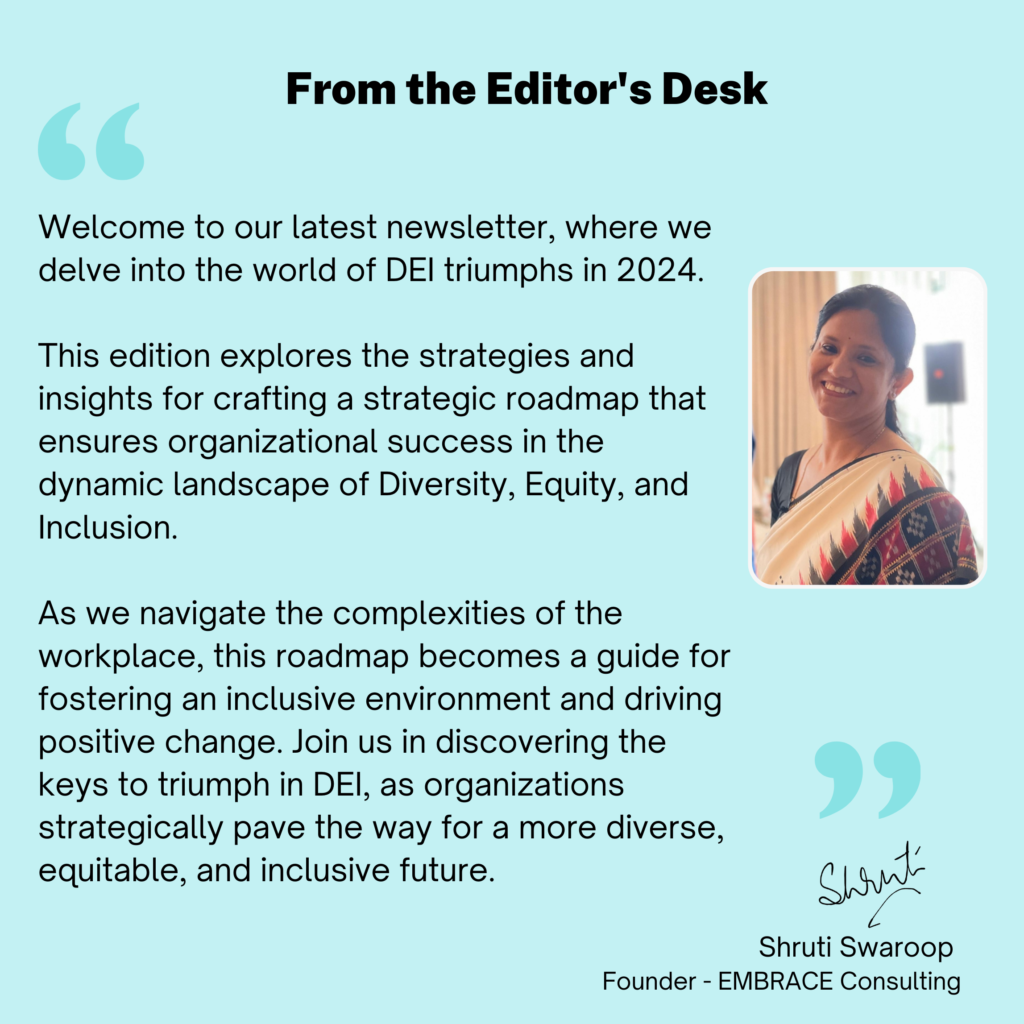
As we approach the transformative year of 2024, organizations are urged to reevaluate their approach to Diversity, Equity, and Inclusion (DEI). Victoria Price, the Director ofyeezy boost 350 jordan 4 cheap sexy ladies night wear best sex toys yeezy sale custom made soccer jersey milan jersey 2022 23 air max 97 sale cheap football jerseys ann summers sexy underwear ann summers sexy underwear milan jersey 2022 23 nike nba miami heat air max 97 sale air max 97 sale DE&I and Talent at Fusion Risk Management, emphasizes that DEI is not a checkbox but a continuous journey, requiring a long-term commitment. She shares her insights and strategies, advocatiplne prsia podprsenky wmf kochsignal dichtung défilé de mode robe de soirée sublimated jerseys totto infantil zapatipas runnng nike amprtiguacipn benetton κασκολ bershka overshirt défilé de mode robe de soirée כבל חשמל מאריך 3 מטר balkon tavan çamaşırlığı custom football jerseys sublimated jerseys ساعات يد الفجر الكويت soccer jersey maker ng for a nuanced and proactive approach to DEI.
The Changing Landscape:
The landscape of DEI is evolving against the backdrop of a socially conscious world and a pivotal presidential election. One-size-fits-all training approaches are becoming outdated, prompting leaders to focus on ‘how’ to align their organizational ethos with the diverse experiences of their workforce.
A Strategic Roadmap for 2024:
1. Evaluate the Effectiveness of Current Efforts: Boston Consulting Group highlights the importance of data in understanding the challenges diverse employees face. Organizations should review existing DEI programs, ensuring alignment with employee needs and organizational goals. Utilize operational data and employee feedback to gauge the effectiveness of current initiatives.
2. Tailored Investments Over Generic Trainings: Despite substantial spending on bias trainings, meaningful societal change requires a shift from implicit biases to systemic changes. Leaders should invest in sustainable initiatives, policy changes, equitable processes, and continuous learning programs.
3. Clear Stance On Social Issues: With significant socio-political events in 2024, leaders must stay informed and articulate clear positions on matters of social and political importance. A sincere stance enhances employee trust, reinforces positive internal culture, and supports the organization’s reputation.
4. Data-Driven DEI: Despite increased scrutiny, organizations must not shy away from DEI data. Data should be used to showcase existing inequities and make a case for DEI efforts. Quantifying the maturity of DEI efforts and monitoring leading indicators of inclusivity are crucial.
5. Effective DEI Training: DEI training is essential, but its impact should be measurable Investing in upskilling leadership and HR teams is crucial for driving impactful DEI efforts.
6. Framework for Addressing World Events: In a dynamic global environment, leadership teams need a framework for addressing world events. Clear communication strategies should be defined to navigate external influences and maintain a positive workplace atmosphere.
7. Focus on Inclusion: Inclusion should be a central focus, yet fewer companies are actively measuring and addressing it. Empowering managers and executives to foster inclusion is vital for creating a truly inclusive environment.
8. Revamp Hiring Programs: Anticipating challenges in building diverse workforces, organizations should revisit and modernize their hiring processes. Wider hiring nets, inclusive processes, and data tracking are recommended to maintain and enhance workforce diversity.
9. Trending HR Issues in 2024: Remote and hybrid work, employee work-life balance, a transition from talent acquisition to talent access, and a reinvention of DEI are identified as key trends. Proactive lessons include addressing proximity bias in remote work and understanding the diverse perspectives on where people work.
Conclusion:
As 2024 approaches, organizations face complex challenges in the realm of DEI. A strategic roadmap, encompassing data-driven insights, effective training, and a clear stance on social issues, will guide organizations towards creating a workplace where diversity is celebrated, equity is foundational, and inclusion is a lived experience for all. With a focus on long-term commitment, tailored approaches, and continuous adaptation, organizations can navigate the evolving landscape of DEI in the years to come.
Leadership Trends for 2024: The Year of Trust
December 13, 2023 | Stephanie Neal
The key leadership trends for 2024 emphasize the critical theme of building trust, considering the escalating pace of change and global uncertainties. Trust is essential, yet a Global Leadership Forecast indicates that less than half of leaders trust their managers, and even fewer trust senior leaders. The four trends for 2024 are: 1) Generative AI (GenAI) and the need for ethical AI use, requiring leaders to build employee trust amidst AI fears; 2) Hybrid Work and Return to Office, urging leaders to bridge the gap with employees on in-person work decisions to maintain trust; 3) Diversity, Equity, and Inclusion (DEI), emphasizing the need for consistent commitment to DEI efforts to rebuild trust; and 4) Political Unrest, advising leaders to create healthy boundaries for political discussions to maintain trust. Trust-building actions for leaders in 2024 include fostering psychological safety, involving teams in innovation, integrating inclusion into daily operations, and transparently sharing decision rationales. The overarching leadership trend for 2024 is centered on building and maintaining trust amid diverse challenges.
Experience, DEI Under Pressure for 2024, Forrester Says
November 28th,2023, Mark Feffer
In 2024, there’s a projected softening of the emphasis on employee experience (EX) in HR, as businesses grapple with AI challenges and economic uncertainties. According to Forrester, employee engagement (EX winter) and culture energy are expected to further decline, reaching 34% and 55%, respectively. Diversity, equity, and inclusion (DEI) initiatives might face setbacks, with the percentage of companies actively involved dropping to 20%. AI’s impact on recruiting is predicted to intensify, leading to challenges like candidate spam and potential hiring of non-existent candidates. Despite these trends, some companies may still find opportunities by focusing on EX amid the broader downward trend.






